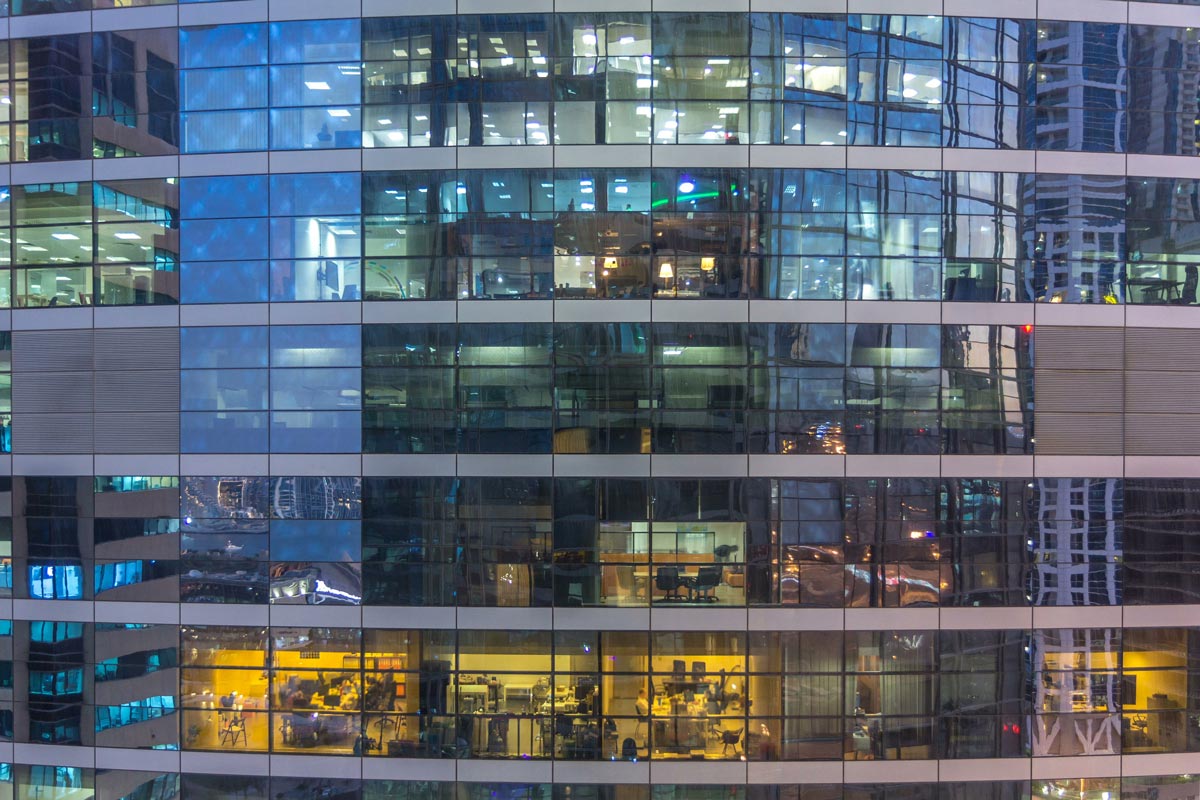Environment and sustainability
The rail sector is the most environmentally sustainable mode of mass transportation and represents the solution to decarbonising the transport sector. The European rail supply industry, represented by its Association UNIFE, has much to offer in this respect.
Sustainability at the core of UNIFE’s action
Railways account for just 0.4% of greenhouse gas emissions in the European transport sector, while the rail modal split was 11.9% for freight and 6.8% for passengers in 2021. Rail plays a crucial role in achieving the EU’s 2050 climate neutrality goal, primarily through a modal shift from polluting transport to rail. However, rail still has an environmental footprint, including energy consumption and noise pollution, that must be reduced.
UNIFE, its members, and its committees have developed crucial environmental initiatives for the railway sector, including the creation of a common lifecycle eco-design approach and the implementation of chemical regulations in the supply chain through the Railway Industry Substance List (RISL). In collaboration with Europe’s Rail Joint Undertaking (ERJU), UNIFE and its members are actively engaged in research and development programs aimed at improving the sustainability performance of rail by reducing energy consumption, noise emissions, and the use of substances of concern, as well as increasing recyclability and circularity.
A commitment to sustainable mobility
Rail is the cleanest mode of mass transportation, and climate neutrality can only be achieved with a strong European rail supply industry. To make this vision a reality, the EU needs to acknowledge, in the upcoming legislation, the vital role of the rail supply as a net zero industry enabler. It will be essential for rail to be included as part of strategic industries within the upcoming investment and European funding plans. Access to more EU funds will be vital for accelerating research and innovation in rail and the deployment of the rail technologies outlined in this vision paper. Furthermore, the European rail supply industry calls on the European institutions to boost the competitiveness of European rail suppliers by providing regulatory stability, cutting red tape and reducing the administrative burden for companies, particularly SMEs, mainly through clarification of reporting and administration work.
More information on the UNIFE vision on sustainability is available in this vision paper.

The Sustainable Transport Committee (STC)
Since 1999, the Sustainable Transport Committee (STC) has been responsible for defining UNIFE’s environment and sustainability strategies, priorities and goals.
More details on the UNIFE Sustainable Transport Committee’s work can be found here.
The STC coordinates the activities of two technical expert bodies, named Topical Groups: the Life-cycle Assessment Topical Group (LCA TG) and the Chemical Risks Topical Group (CR TG).
More details on the work of the Topical Groups can be found here.
